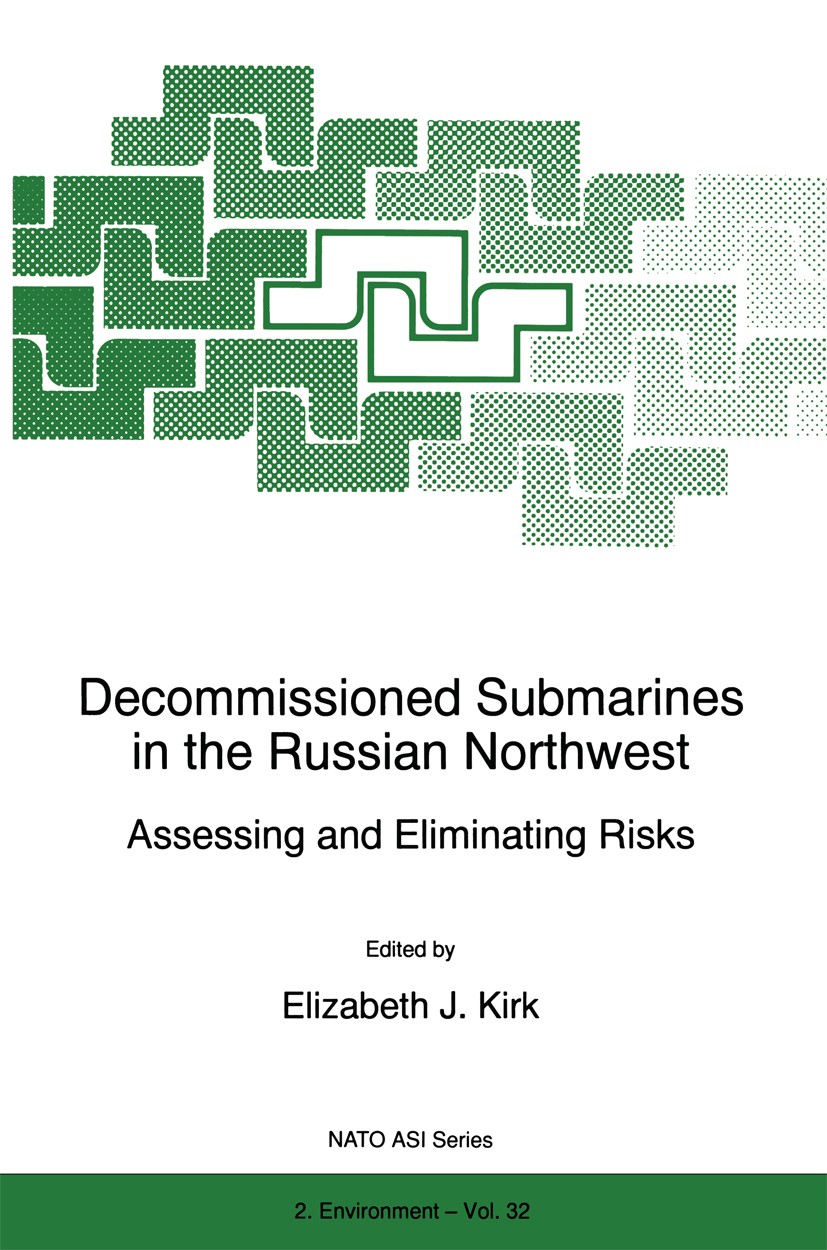| 書目名稱 | Decommissioned Submarines in the Russian Northwest |
| 副標題 | Assessing and Elimin |
| 編輯 | Elizabeth J. Kirk |
| 視頻video | http://file.papertrans.cn/265/264465/264465.mp4 |
| 叢書名稱 | NATO Science Partnership Subseries: 2 |
| 圖書封面 |  |
| 描述 | Until the late 1970s, most commercial power plant operators outside the United States adopted a spent fuel management policy of immediate reprocessing and recycling of recovered products. In response to rising reprocessing prices, decreasing values of re- covered products, concerns over proliferation risks, and a belief in the favorable eco- nomics of direct disposal, many utilities have since opted to store spent fuel on an in- terim basis pending the availability of direct disposal facilities or a change in the eco- nomic and/or political climate for reprocessing and recycling uranium and plutonium. Spent fuel has traditionally been stored in water-filled pools located in the reactor building or fuel handling buildings, on reactor sites, or as part of large centralized fa- cilities (e.g. Sellafield, La Hague, CLAB). Because the economics of pool storage are dependent on the size of the facility, the construction of additional separate pools on reactor sites has only been pursued in a few countries, such as Finland and Bulgaria. |
| 出版日期 | Book 1997 |
| 關(guān)鍵詞 | development; radioactive waste; remediation; water quality and water pollution; terrestrial pollution |
| 版次 | 1 |
| doi | https://doi.org/10.1007/978-94-011-5618-9 |
| isbn_softcover | 978-94-010-6368-5 |
| isbn_ebook | 978-94-011-5618-9Series ISSN 1389-1839 |
| issn_series | 1389-1839 |
| copyright | Springer Science+Business Media Dordrecht 1997 |
 |Archiver|手機版|小黑屋|
派博傳思國際
( 京公網(wǎng)安備110108008328)
GMT+8, 2025-10-29 08:59
|Archiver|手機版|小黑屋|
派博傳思國際
( 京公網(wǎng)安備110108008328)
GMT+8, 2025-10-29 08:59


